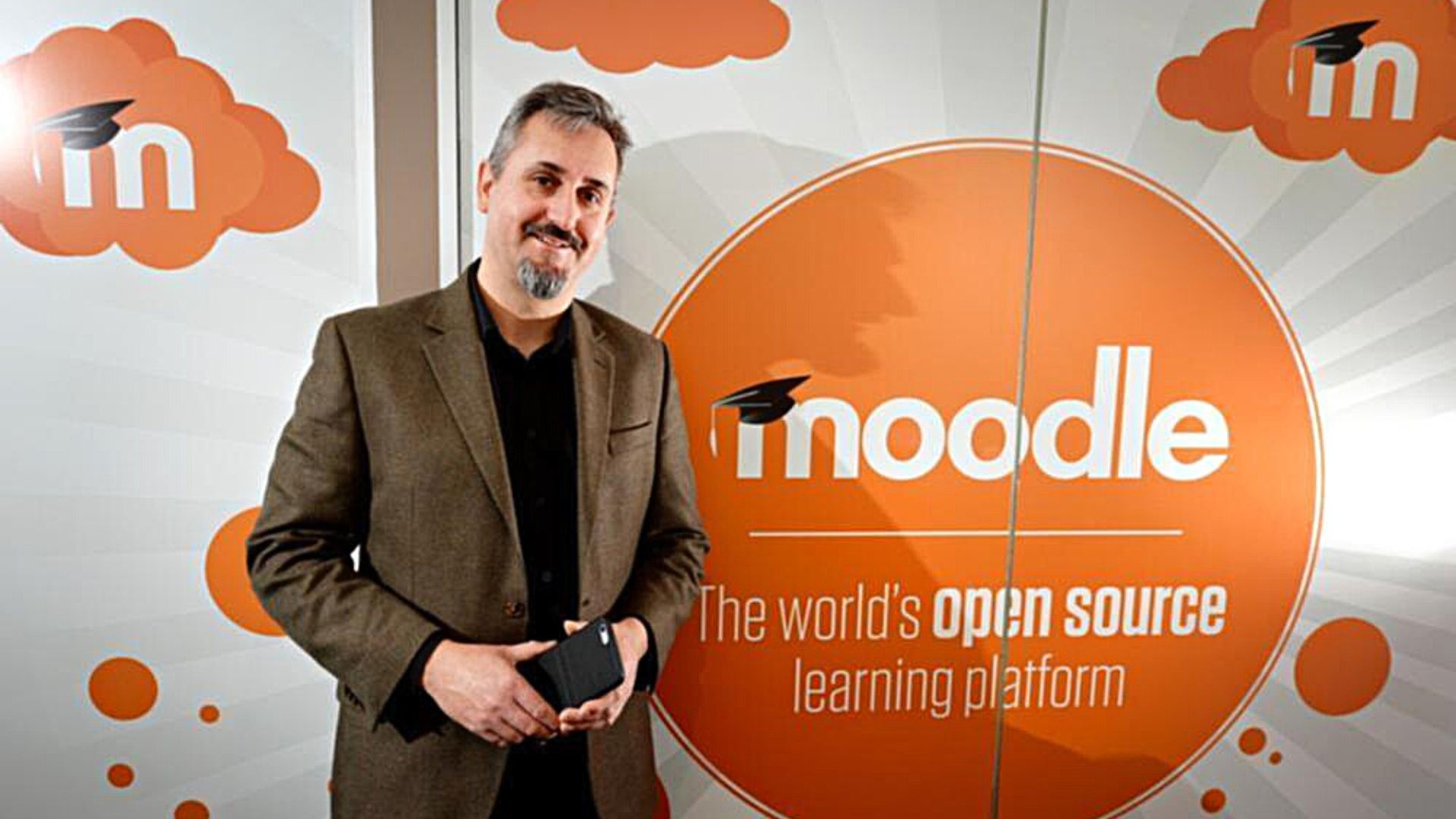By Giorgos Psomiadis
Nearly 350 million, 244 countries, 43 million courses. These are some of the statistics about Moodle, the online learning system that Greek Australian, Martin Dougiamas created back in the dawn of the internet age as we know it.
Years before that, when he was a kid living in the desert of Australia, his parents had to drive for three days to get to the nearest town. It was back then when he first experienced a different method of education.
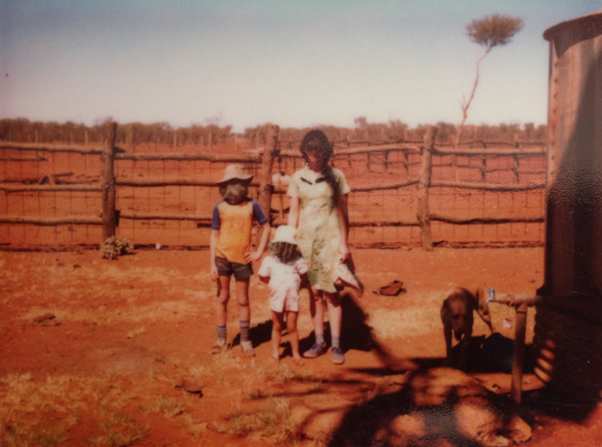
“I was attending school through short-wave radio. You needed a big antenna to send the signal and connect. Only one person could talk at a time. There were six more students, spread in an area in the size of Spain,” Martin tells The Greek Herald.
Papers, correspondence documents, worksheets and books were also delivered by an airplane to his place. “With those methods, we achieved a kind of online learning before the existence of the internet,” he says.
In the mid-90s, when the internet was nothing but texts he went to Perth to study engineering and later on computer science.
“I love networking and I believe that this is because of my Greek side,” he says. “I connected with the whole university very well and I started to get interested in how you could teach on the internet.”
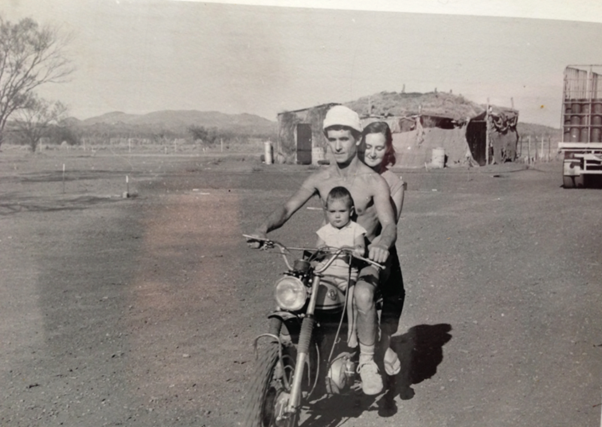
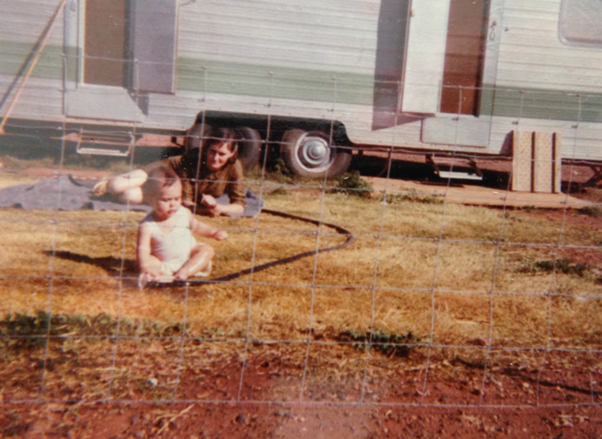
The creation of Moodle
Martin started facilitating seminars for government departments, companies and associations. “I was teaching them about this new internet thing that was coming and how it was going to affect us all,” he says. He started empowering teachers to create web pages by themselves. And this is how Moodle started.
“I was creating tools to help them create wikis, forums, assignments and content in a nice package that combined everything. That way, they wouldn’t have to learn how to use ten different tools but only one,” Martin says.
Moodle is a learning platform designed to provide educators, administrators and learners with a single robust, secure and integrated system to create personalized learning environments. From its very beginning, it was aimed to be a concept that works on two levels.
The first, is the level of the classroom, where teachers create a space with activities. They can adjust it to make learning easier, they can receive feedback from students and conduct surveys on topics. The second level has to do with how open-source works.
“It’s a collaborative, big classroom about online learning and we are building the tool together,” Martin explains.
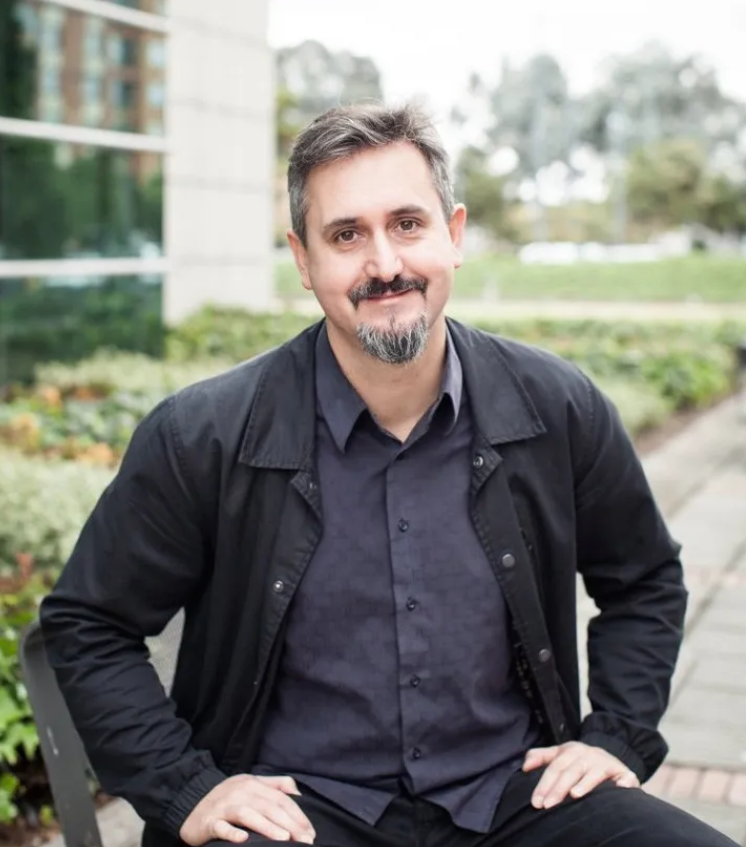
Moodle goes viral
Open-source means that the full product is available for download. As soon as it goes viral, people start using it.
In 2003, when Martin was studying education as part of his PhD, he had the chance to do a free trip and participate in a conference. His presentation about Moodle at the conference was instrumental for the future of Dougiamas’ learning system.
“You have a responsibility. Some good people do great things, educators that often are not paid very well. They teach just because they love it. They don’t understand how technology changes and how to write new features, so I put all my energy into supporting and helping them,” says Dougiamas.
When the scholarship ended, he realized that he had to start earning some money to survive. People started paying him for features and soon he started looking after 60 or 70 Moodle sites for banks, companies and universities around the world.
Martin hired his first employee in 2004. Today his company has more than 250.
The benefits of online education
Asked about the advantages of online education Martin says that he doesn’t think that “face-to-face experience is necessarily great.”
“In online learning, at least you have the potential to have a lot more interaction with everybody. You can have a thousand students. What are you going to do with a thousand students in a room?
“If you are online, you can put these people into groups, you can give them assignments, you can ask them to grade each other’s work and you can do projects. But you need to know how to set that up first,” he says.
The pandemic effect
When the Covid pandemic hit, some universities and institutions were already using Moodle for twenty years, although many others had never used online learning. Teachers thought that video conferences were the proper way to continue educating as they did until then. Everyone jumped into platforms like Zoom and Teams. However, on many occasions, the class didn’t work out as planned.
“Teaching well is an art and unfortunately, at least at university level, it is not prioritized to teach lecturers and professors how to be good educators. They are all motivated by systems of research points. If they publish papers, they get paid and they get fame. Nobody cares whether they teach in a good or in a bad way. There is no feedback to help them improve,” Martin says.
Today, Martin remains focused on ways to improve the standards of quality in teaching.
“We are getting into content and we are building an online university, ‘The Moodle Academy’, which is focused on how one can teach. There is also a lot of AI (Artificial intelligence) used to help us support teachers and students,” he concludes.

